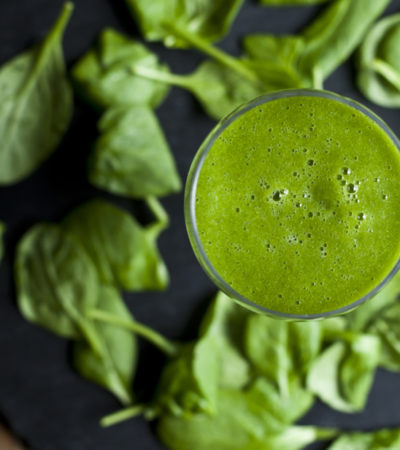by Kathleen Flemming
Eat less meat. Cut out dairy. Drink coconut water. There is so much information out there about what we should or shouldn’t be eating and drinking. Of course what we put in our mouths is important for maintaining good health. However, although it is extremely important, little information is provided about how to eat and drink. The way in which we consume has profound effects on our well being.
Mindfulness
Yoga teachers are always talking about mindful movement. Mindfulness is being fully present of what you are doing in the present moment. You can only be completely mindful of your action if you are carrying out one action at a time – all of your energy and attention is focused on that action. We have become a society obsessed with multi-tasking and many of us find ourselves throwing our lunch into our mouths as we scan our email inbox or type up a document. We eat dinner while watching TV or scrolling through Facebook. By eating in this way, we are not mindful of what we are consuming. Mindful eating means we are aware of every bite, how our food tastes, how much we are eating and how our body feels as we eat. Eating while multi-tasking often leads to eating too much, eating too fast, indigestion, bloating and eating the wrong things.
To introduce mindfulness while eating, sit down with your food and bring your full attention to the action of eating. Be mindful of what you have on your plate – will it nourish your beautiful body? Notice what you are eating, what the food tastes like, how it makes your body feel. You will find yourself eating more slowly, eating foods that will give you energy and vitality and eating less as you bring awareness to how your body feels while eating.
Body Awareness
Being aware of how your body feels is important in maintaining health and losing weight. Most of us don’t listen to how our body feels – are we are really hungry or are we eating because we are bored? Or are we actually thirsty? When lunch time came around at work, I used to eat regardless of how I felt because I wanted an excuse to do something else. If we eat because of how we feel emotionally or because we are bored, we will put on weight and the body’s digestive system will be over-worked making us sluggish.
Only eat when you are hungry. Start to listen to your body’s signals of hunger and thirst. Listen to your body when it says it is full and skip that chocolate bar as dessert. Does your body need it? Your mind will always try to tell you otherwise which is why many of us get sucked into emotional eating patterns. By bringing your awareness to your body, you will start to eat less and your body will function more efficiently, using your energy to digest food that it really needs.
Chewing
Often I used to find myself eating so fast that I swallowed whole chunks of food. I was in such a rush that in four bites and four quick swallows, my lunch was gone and I was ready to charge on to the next thing. I always felt a little uncomfortable after gobbling my food and often didn’t feel satisfied leading me to buy some more food.
Learning about the importance of chewing food, changed the way I ate and how my body felt. Chewing is crucial for good digestion as your mouth is where the digestion process begins. Saliva contains digestive enzymes which help to break down food making it easier for foods to pass through our digestive system and for nutrients to be absorbed into our body. When food is not chewed properly, many nutrients are not properly extracted and the undigested food becomes fodder for bacteria leading to indigestion, flatulence, bloating and discomfort.
It is recommended that we chew each mouthful 20-40 times. Several studies have also found that by chewing more, we actually eat less as we allow our food to digest properly and we can recognise when we are full. In short by chewing our food properly, we aid healthy digestion, increase nutrient absorption and stop over-eating.
Keep it Simple
Food and eating doesn’t have to be complicated. Our bodies are grateful for simple, nutritious food. There are so many recipes out there with ingredients lists longer than your arm and the availability of condiments and sauces means our meals are seldom simple.
Our digestive system requires less energy and we will experience less bloating if we keep our cooking simple. Different foods require different digestive enzymes and take varying amounts of time to digest. Try limiting the amount of foods which you eat at one meal so your body’s digestive system isn’t overwhelmed. Keeping your food simple is likely to mean that you eat less, and choose healthy nutrient dense foods to nourish your body.
Next time you sit down for a meal, choose something simple and nutritious, try to be mindful of your actions, listen to your wonderful body and chew your food.













